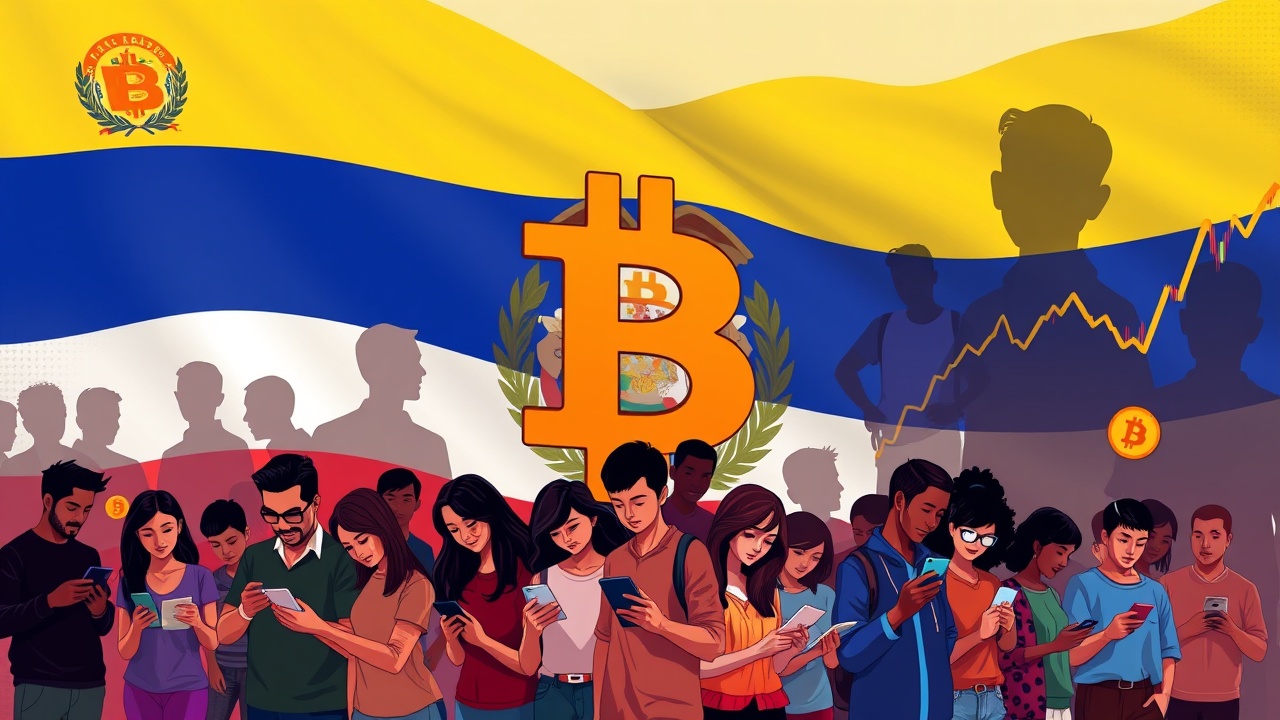Bitcoin Adoption in El Salvador
Recent data from Cornell University indicates that El Salvador has experienced a notable surge in bitcoin adoption, claiming a peak ownership rate that surpassed 70%. However, understanding the broader context behind these statistics is essential, especially in light of ongoing compliance adjustments following a substantial $1.4 billion loan agreement with the International Monetary Fund (IMF).
Ownership Statistics
The research, which sparked considerable interest on social media, highlighted that while over 70% of the Salvadoran population has owned bitcoin at one point, only about 30% currently hold it. This contrasting statistic positions El Salvador ahead of other countries with high bitcoin usage, such as Venezuela, yet further analysis reveals complexities behind these figures.
Government Initiatives
The bitcoin trend in El Salvador was largely fueled by President Nayib Bukele‘s initiative to make cryptocurrency legal tender and the consequent launch of the government-backed Chivo Wallet. As part of introducing the digital currency to the populace, the government provided citizens with a $30 airdrop, allowing many to engage with bitcoin for the first time.
Challenges and Decline
Despite this initial enthusiasm, many recipients abandoned the Chivo Wallet post-airdrop. According to a study from the U.S. National Bureau of Economic Research (NBER), around 60% of users stopped utilizing the service after claiming their rewards. This decline highlights significant challenges for the wallet, which is now under scrutiny for potential discontinuation.
Comparative Analysis with Venezuela
In comparison, Venezuela also represents a high bitcoin ownership rate, driven largely by extreme inflation and economic instability similar to that seen in Argentina. Yet, despite the initial allure of cryptocurrency, bitcoin has struggled to penetrate El Salvador’s remittance market meaningfully. Traditional methods remain preferable among Salvadorans, who have relied less on bitcoin than expected, with cryptocurrency transactions accounting for less than 1% of total remittance flows as of June. This trend suggests that while bitcoin attracts attention, practical barriers limit its everyday use.




